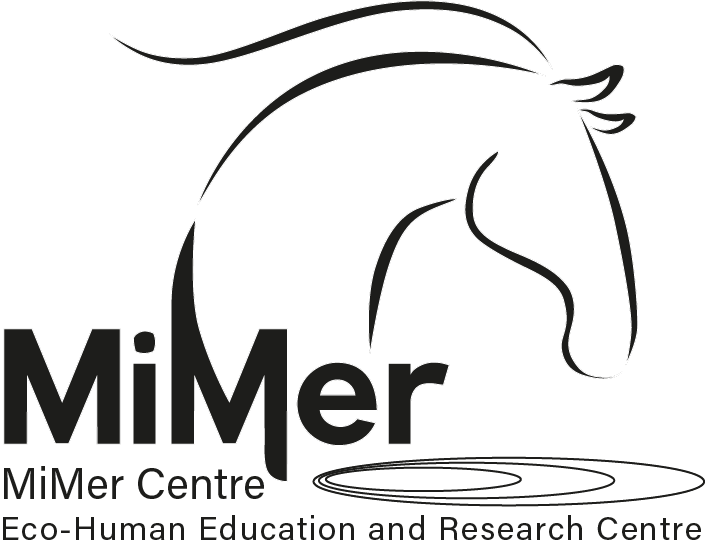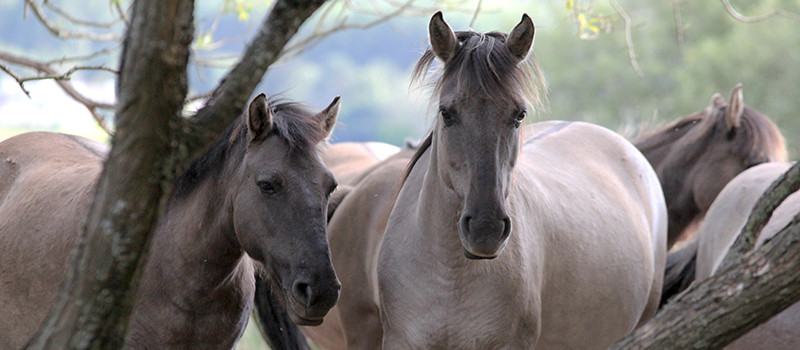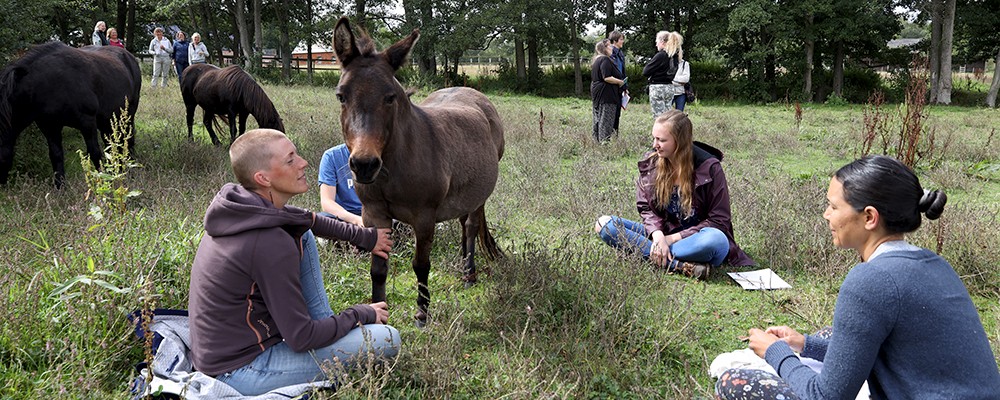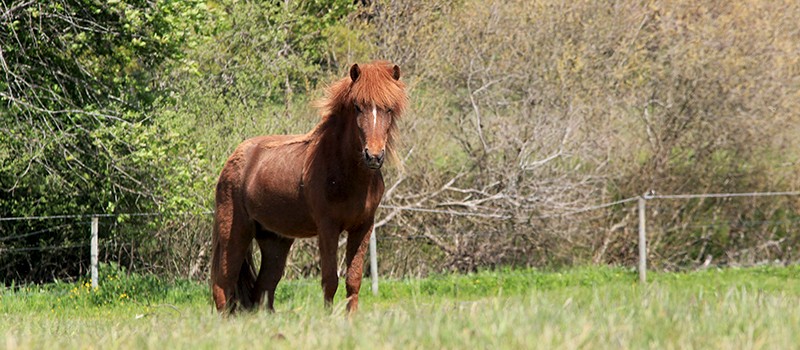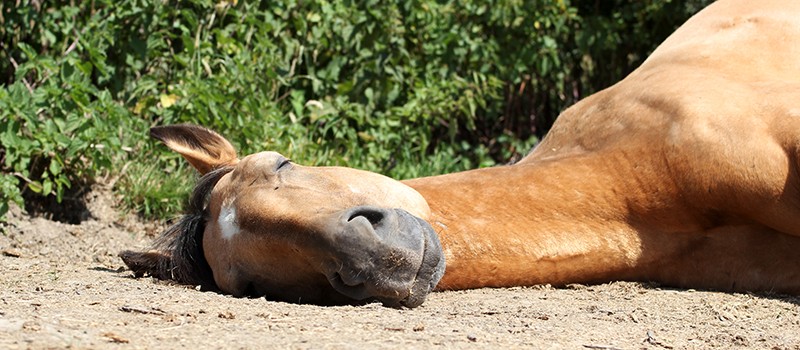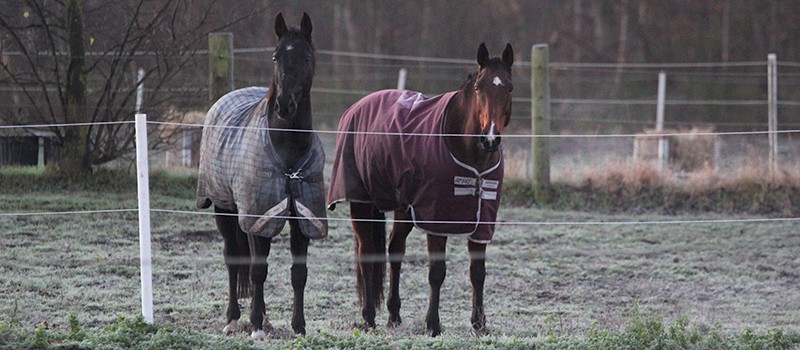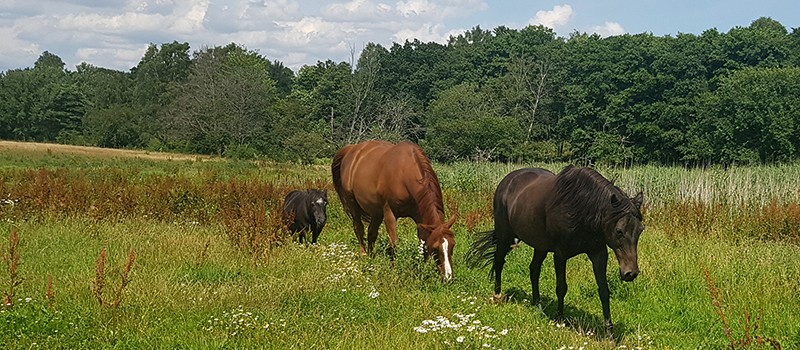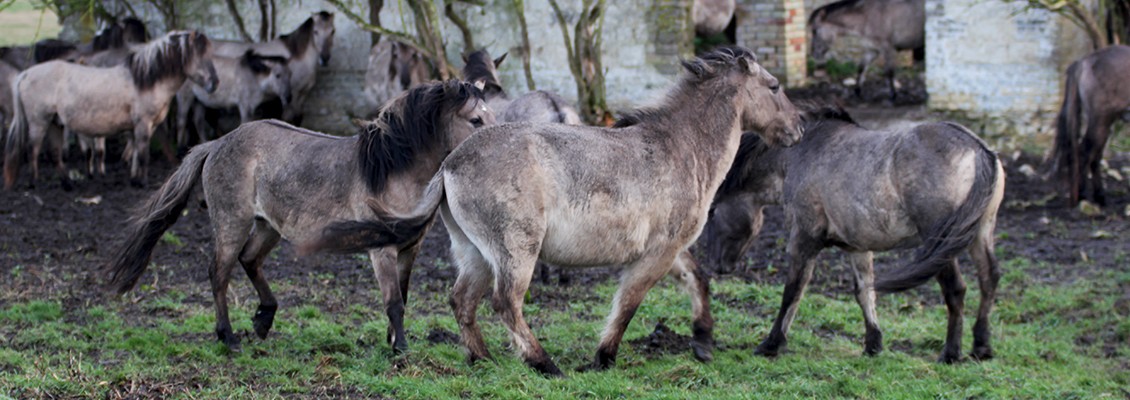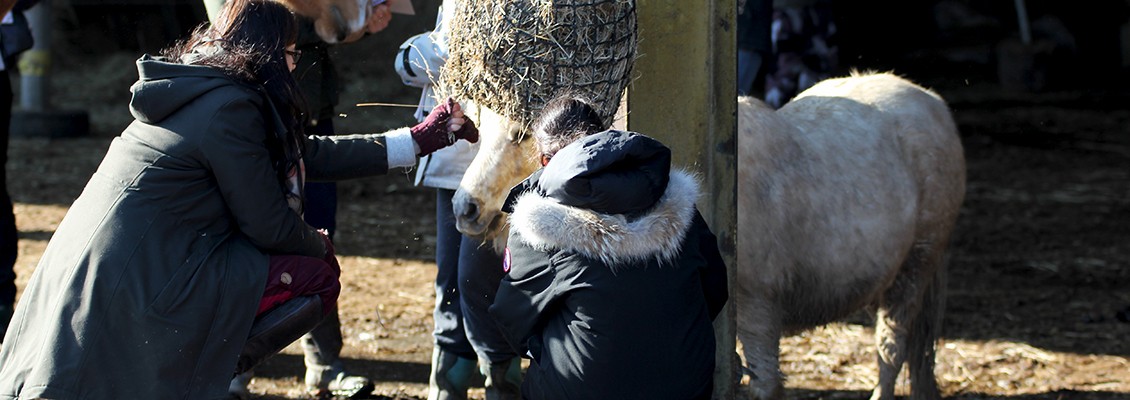For me, as a horse owner, a facilitator of equine assisted interventions, having had a riding school, a boarding facility, it became very important to not only look at the physical welfare of horses, but also their emotional, social and cognitive welfare. I have spent a lot of time the last 17 years thinking of this, from all kinds of aspects and perspectives. I have dived into the books, the clinics, the research – but also the experience of horses. I have prided myself with being a fast learner and a good thinker. Well… 17 years later – I am still not done… and I know with certainty (this is in fact the only thing I am certain of), that I will never really get there…
But it started long before that. It started the first time I entered a riding school when I was 8. I instantly fell in love with horses, but not the environment they where kept in, not the things they were made to do, not the people in the environment. I could hardly stand being in the riding school, but I did not understand why. I really wanted to. I wanted the dream that I read about in horse books for girls, the companionship, the adventures, the camps, the competitions, the hard work of being a horse girl… but I did not manage to go to the riding school, though I kept trying throughout growing up, turning into a young adult. I went to different riding schools (but their concepts were remarkable similar…), I went there, and I quit, I went there, and I quit… again and again and again. If it had not been for my sister, who were a riding instructor, who moved to a farm and had horses of her own, I would probably not be doing what I am doing today. With her, I felt safe enough to try some things out, outside of my comfort zone. That put me up to follow the path I am on today, working with horses and human growth. Doing research in the field, giving educations, assisting in starting programs.
I find the mental and psychological welfare of the horse to be so important. I have dived into topics and questions about choice, decision making, self-care for horses, problem solving, exploration and curiosity, the voice of the horse, his language through behavior, social dynamics in herds – you name it – I will have explored it, thought about it, and probably written something about it – and also of course, about the question of the agency of the horse.
